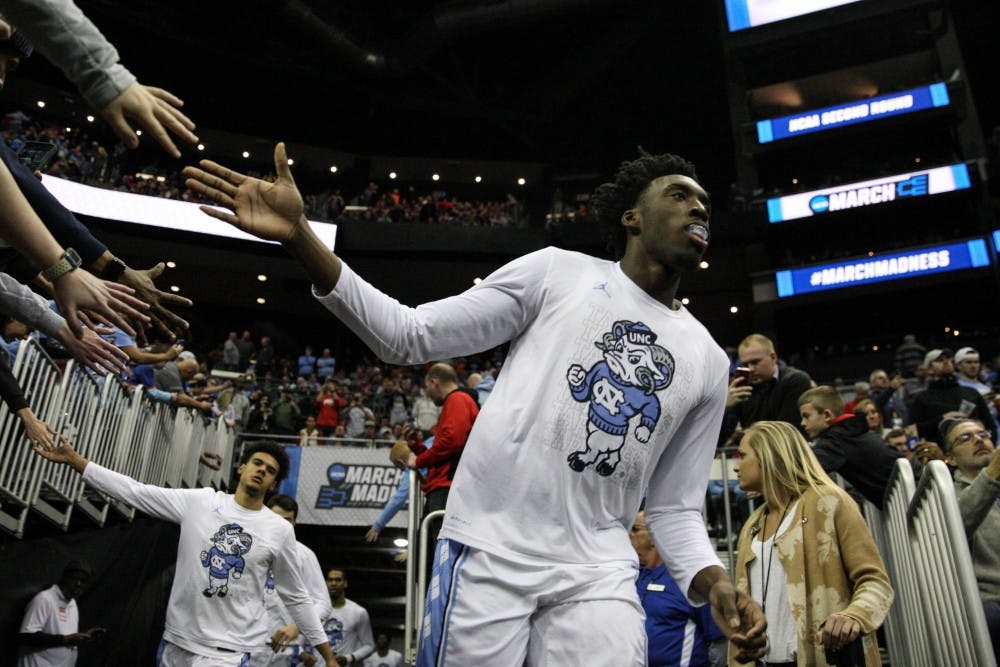U.S. Rep. Mark Walker, R-N.C., introduced a bill on March 14 that would allow players to financially benefit from their name, image or likeness.
The legislation was introduced to the House of Representatives with bipartisan support. The Student-Athlete Equity Act, as it's commonly known, would change the tax code to stop "qualified amateur sports organizations" from prohibiting their athletes from receiving compensation for their brand. U.S. Rep. Cedric Richmond, D-La., is the main co-sponsor of the bill.
Richmond said in a press release that the legislation would be a clear first step in creating an equal playing field for college athletes. He said the men and women who stimulate the economics of the National Collegiate Athletic Association should also stand to benefit from the system personally.
Rep. Walker himself is a former college athlete.
Jay Smith, a history professor at UNC, said he thinks students should be paid for their visibility.
“Athletes, like every other citizen in the country, ought to have the right to access the market, to capitalize on their own visibility, their talents and their appeal to the public. So this is a sort of baseline, right, that everyone ought to be entitled to, including athletes,” Smith said.
Opinions on the new legislation vary. Some view it as the first step in the right direction, giving student-athletes some sort of opportunity to profit from their work. Many others, however, think the bill is too vague in its phrasing and doesn't accomplish as much as it promises.
Barbara Osborne, a professor of sports law at UNC, said it's difficult to determine how exactly the bill will affect student-athletes around the country.
“Name, image and likeness is something that is regulated by the state. Not all states have this legislation, states that do have the legislation limit what those rights are," she said. "So technically this would be a federal law that would create very different rights for different athletes and different states based on state law which they have no authority over.”



